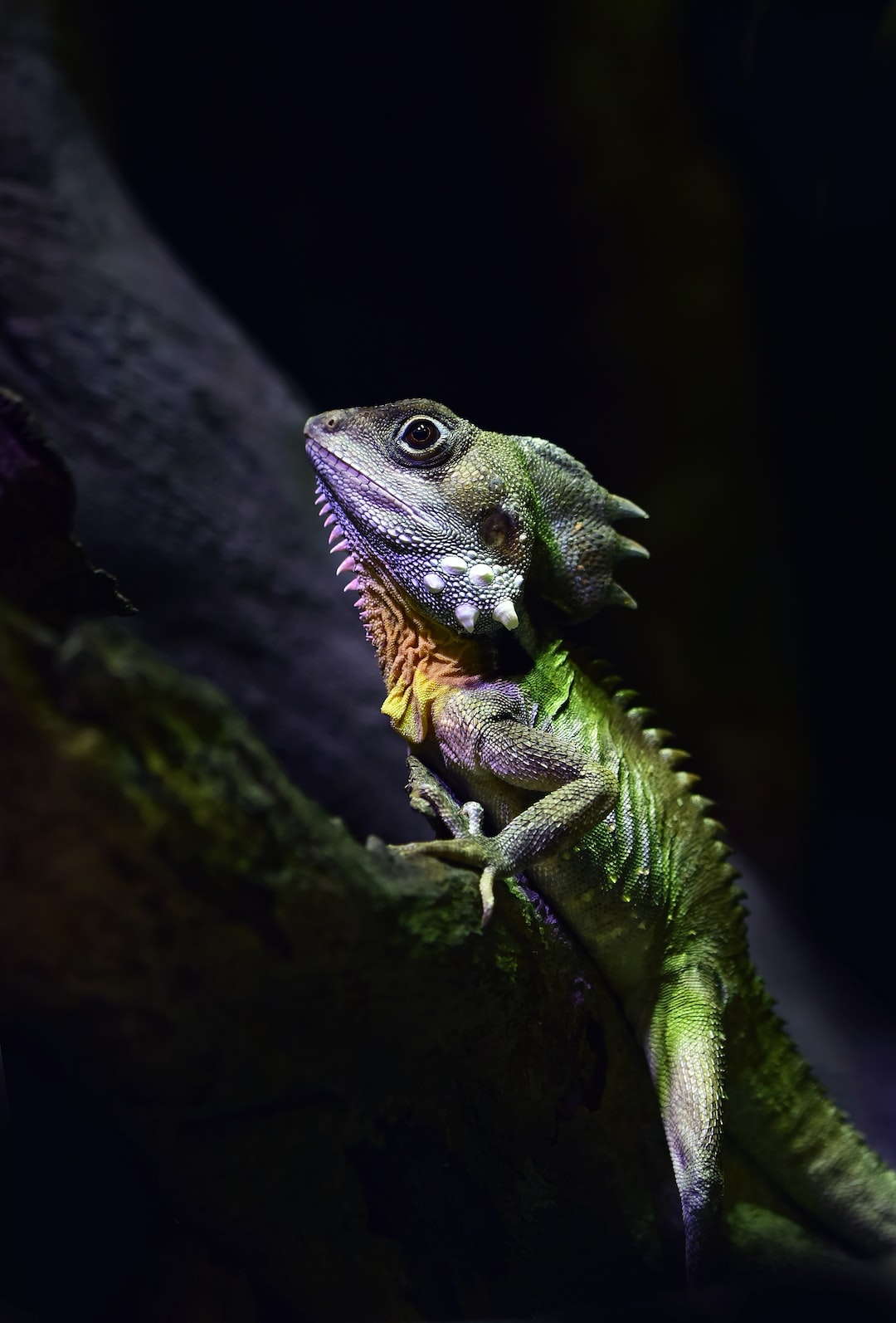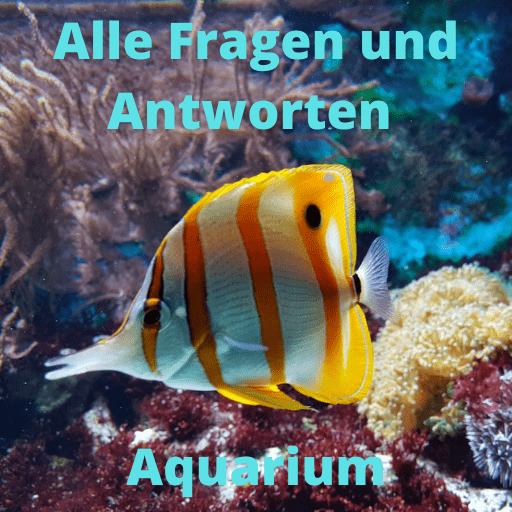22 Grundlegende Hinweise zu Does Duckweed Produce Oxygen?

- 22 Grundlegende Hinweise zu Does Duckweed Produce Oxygen?
- Does duckweed produce oxygen in aquarium?
- Is duckweed good or bad for the environment?
- What is duckweed good for?
- Can duckweed purify water?
- Is duckweed good for aquariums?
- Does duckweed remove ammonia?
- Can you have too much duckweed?
- Is duckweed harmful to fish?
- Does duckweed absorb co2?
- Can humans eat duckweed?
- Should I remove duckweed from my pond?
- Does duckweed absorb co2?
- Does duckweed absorb ammonia?
- How are duckweed harmful?
- Does duckweed cause eutrophication?
- What plant removes the most co2?
- What plant absorbs the most carbon?
- What plant sequesters the most carbon?
- How good is duckweed at removing nitrates?
- Can humans eat duckweed?
- What nutrients does duckweed need to grow?
Does duckweed produce oxygen in aquarium?
Duckweed is a good source of oxygen for your fish tank because it circulates air and produces oxygen. This way, your tank will be safe against toxins, and your fish can breathe better. In addition to producing oxygen, it helps improve water quality by consuming CO2 from the water column.22.11.2020
Is duckweed good or bad for the environment?
As its name suggests, it does provide food for ducks, but it can also provide shelter for spawning Common Frogs and Common Toads. Duckweed is a healthy nutrient for wildfowl and other aquatic wildlife and may contribute to removing pollutants from the water and reduce algal growth.
What is duckweed good for?
Duckweed is a water plant. The whole fresh plant is used to make medicine. People use duckweed for swelling (inflammation) of the main airways in the lung (bronchitis), liver disease, rheumatoid arthritis (RA), and gout, but there is no good scientific evidence to support these uses.
Can duckweed purify water?
The dried duckweed can be used as a biofuel with higher output and less input than corn used as a biofuel. If harvested out of the water, duckweed can purify water by lowering nitrate and phosphate levels.17.06.2020
Is duckweed good for aquariums?
Growing duckweed in aquariums is easy. It is not a fussy plant to grow and derives most of its nourishment from the air. Duckweed is favored by goldfish, tilapia, koi fish, and other fish varieties and provides a nutritious and protein packed food source.09.07.2020
Does duckweed remove ammonia?
Ammonia is toxic for duckweed in both the ionized and un-ionized forms. Duckweed, however, can be used to treat wastewater containing very high total ammonia concentrations as long as certain pH levels are not exceeded.
Can you have too much duckweed?
It’s always best to keep duckweed levels low in fish ponds by regularly removing any overgrowth before it can spread. If levels are allowed to get too high the duckweed will begin to reduce oxygen levels and contribute to an increase in waste, sludge, and harmful substance build-up.14.09.2017
Is duckweed harmful to fish?
Duckweed is not harmful to your pond or any fish or animals living in the pond. It serves to shade and keep the water cooler during the hot summer days.06.12.2018
Does duckweed absorb co2?
Duckweed can effectively absorb contaminants like nitrogen, phosphorus, heavy metals, and carbon dioxide from the air, but may also be fed fertilizers, compost, manure, or gray water from sewage facilities.12.03.2018
Can humans eat duckweed?
Human consumption of duckweed is common in some parts of Southeast Asia, including Laos, Thailand and Myanmar, as a vegetable named ‚Khai-Nam‘ (Bhanthumnavin & McGarry, 1971). Wolffia arrhiza and Wolffia globosa are the dominating species used for human consumption (Appenroth et al., 2017, ISCDRA, 2016).
Should I remove duckweed from my pond?
Common duckweed (Lemna minor) is a rapidly spreading aquatic plant that deprives ponds of oxygen and leads to the death of fish and beneficial algae in still waters. It is important to get rid of duckweed for the health of your pond and existing aquatic life.04.03.2021
Does duckweed absorb co2?
Duckweed can effectively absorb contaminants like nitrogen, phosphorus, heavy metals, and carbon dioxide from the air, but may also be fed fertilizers, compost, manure, or gray water from sewage facilities.12.03.2018
Does duckweed absorb ammonia?
Nitrate and ammonium are the main forms of available nitrogen for duckweed however, the absorption of ammonium is 3 to 11 times greater than nitrates. Nitrogen is fixed as protein in duckweed biomass [20].27.08.2019
How are duckweed harmful?
duckweeds can be harmful because they occupy the surface of water bodies and creates an oxygen deficiency for the aquatic animals who breathe from there.23.08.2017
Does duckweed cause eutrophication?
Eutrophication of drainage ditches by over-fertilization with nitrogen and phosphorus causes a shift from a mainly submerged aquatic vegetation to a dominance of duckweed. This causes anoxic conditions, loss of biodiversity and hampering of the agricultural functions of the ditches.
What plant removes the most co2?
So the plants that are considered the most adept at locking away carbon dioxide from the atmosphere are the longest-living ones, with the most mass – hardwood trees.
What plant absorbs the most carbon?
But not all trees absorb the same amount of carbon dioxide. Oak is the genus with the most carbon-absorbing species and, lucky for us, Chandler Pond is surrounded by oak trees. The common Horse-Chestnut tree is also a good carbon absorber as is the Black Walnut tree.13.07.2021
What plant sequesters the most carbon?
The live oak is the most efficient carbon capturing tree, which is able to sequester some 10,994 CO2 equivalent over its lifetime. Ranking second is the East Palatka holly, with a lifelong carbon fixation of 7,321 CO2 equivalent.21.06.2022
How good is duckweed at removing nitrates?
It usually takes the duckweed three to four weeks to use up all of the ammonia, nitrite, and nitrate. As reported in Biomass Magazine, duckweed bioaccumulates about 99% of the nutrients contained in wastewater. In some cases the plants also have been shown to remove other pollutants, such as lead and arsenates.
Can humans eat duckweed?
Human consumption of duckweed is common in some parts of Southeast Asia, including Laos, Thailand and Myanmar, as a vegetable named ‚Khai-Nam‘ (Bhanthumnavin & McGarry, 1971). Wolffia arrhiza and Wolffia globosa are the dominating species used for human consumption (Appenroth et al., 2017, ISCDRA, 2016).
What nutrients does duckweed need to grow?
Like any vascular plant, duckweed needs a minimum of nitrogen, phosphorus, potash and micro nutrients. Sources can be as simple as a little humus and/or soil or compost tea. To achieve high protein levels of 40% or greater, duckweed needs added nitrogen, preferably in the form of ammonia from animal waste.07.03.2012
Ich hoffe euch hat der Post zu Does Duckweed Produce Oxygen? gefallen.
Falls ihr mehr über das Thema erfahren wollt – klickt die Links
Interessante Links zum Thema
Wikipedia Artikel zu Aquarium
Wikipedia Artikel zu Does duckweed produce oxygen?




